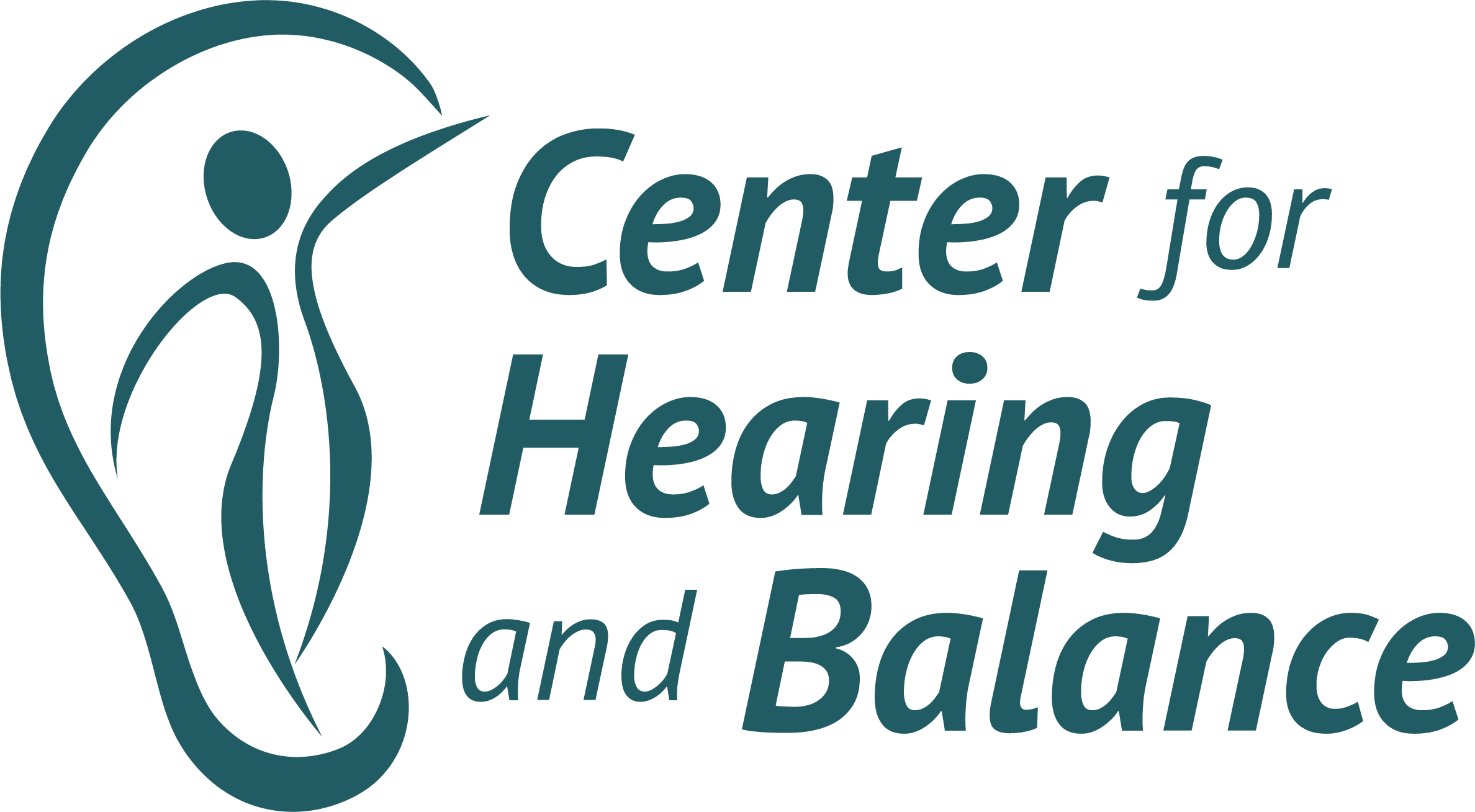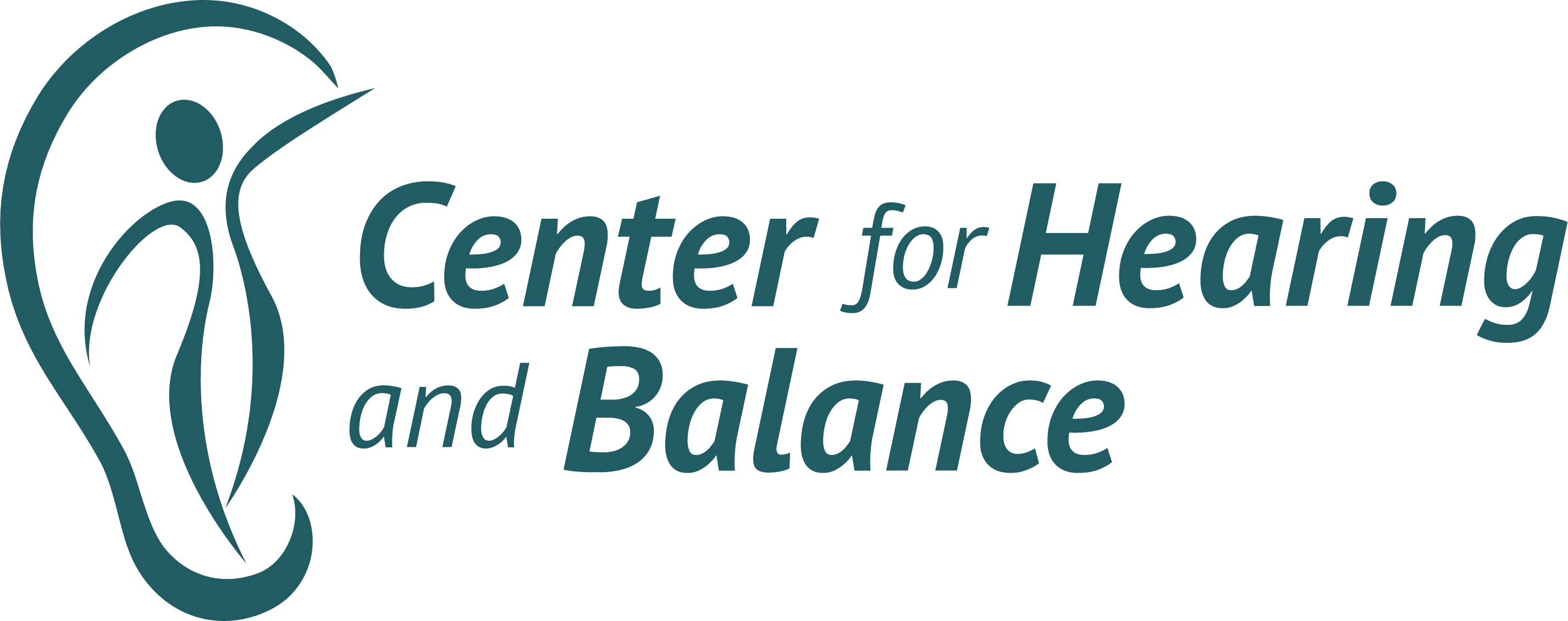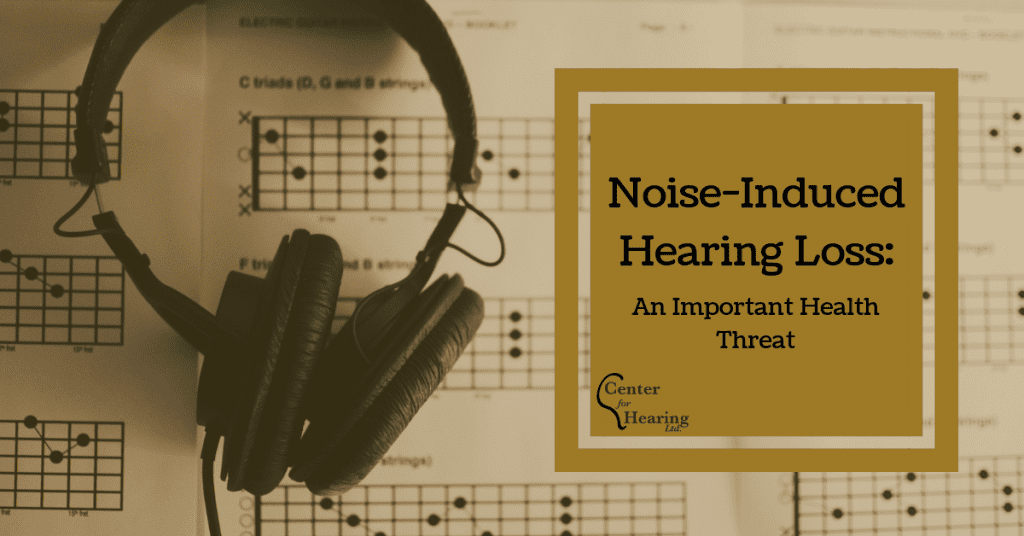- “Hearing loss is the third most common chronic health condition in the US.”
- “About 40 million US adults aged 20-69 years have a noise-induced hearing loss.”
- “Almost twice as many people report hearing loss as report diabetes or cancer.”
Exposure to Loud Noises, In and Out of the Workplace, can Cause Noise-Induced Hearing Loss
According to the CDC, “People may not know that activities away from work can damage hearing just as much as noise on the job.” Extended exposure to noises over 85 decibels (dB) can cause hearing damage. Several common noises are over the 85-dB limit, including leaf blowers, sporting events, rock concerts, and sirens.
- “More than 1 in 2 US adults with hearing damage from noise do not have noisy jobs.”
- “About 53% of people ages 20-69 who have hearing damage from noise report no on-the-job exposure.”
Noise-Induced Hearing Loss can be Prevented
Some kinds of hearing loss can’t be prevented, but a noise-induced hearing loss can. Yet, “About 70% of people exposed to loud noise never or seldom wear hearing protection.” So, what can you do to prevent noise-induced hearing loss? The CDC encourages everyone to protect their hearing by:
- Avoid noisy places whenever possible.
- Wear earplugs, protective earmuffs, or noise-canceling headphones when near loud noises.
- Keep the volume down when watching TV, listening to music, and using earbuds or headphones.
- Ask your doctor for a hearing checkup and how to protect your hearing from noise.
Many people don’t even realize they have hearing loss. The CDC says, “About 1 in 4 US adults who report excellent to good hearing already have hearing damage.” So, even if you think your hearing is fine, it is good to get your hearing checked. Take five minutes and take Starkey Hearing’s free online hearing test.
Take it from the CDC- noise-induced hearing loss is an important health threat, and “continual exposure to noise can cause stress, anxiety, depression, high blood pressure, heart disease, and many other health problems”. Make an appointment at Center for Hearing to get your hearing checked, learn about hearing protection, and get the treatment you need.


